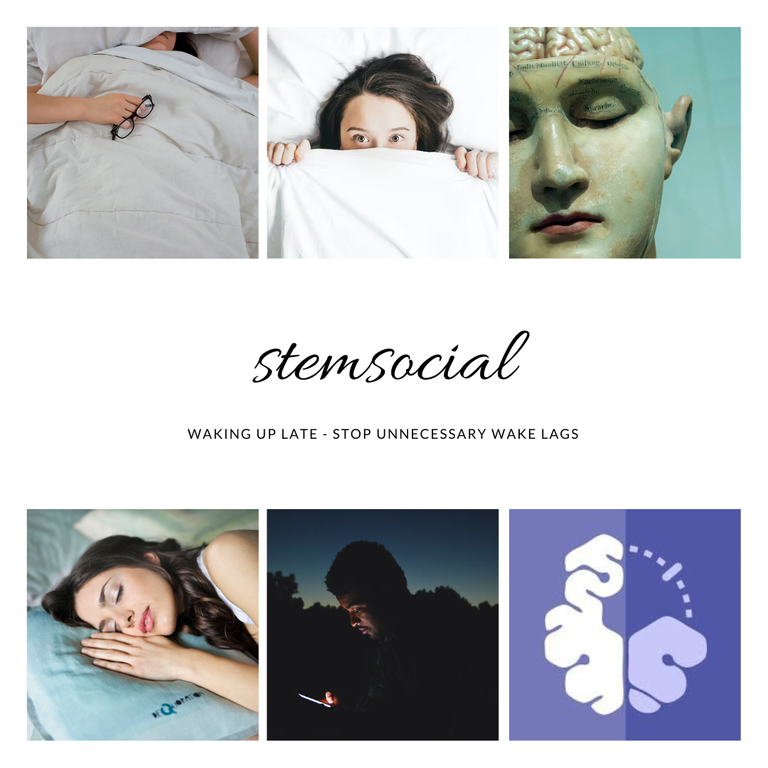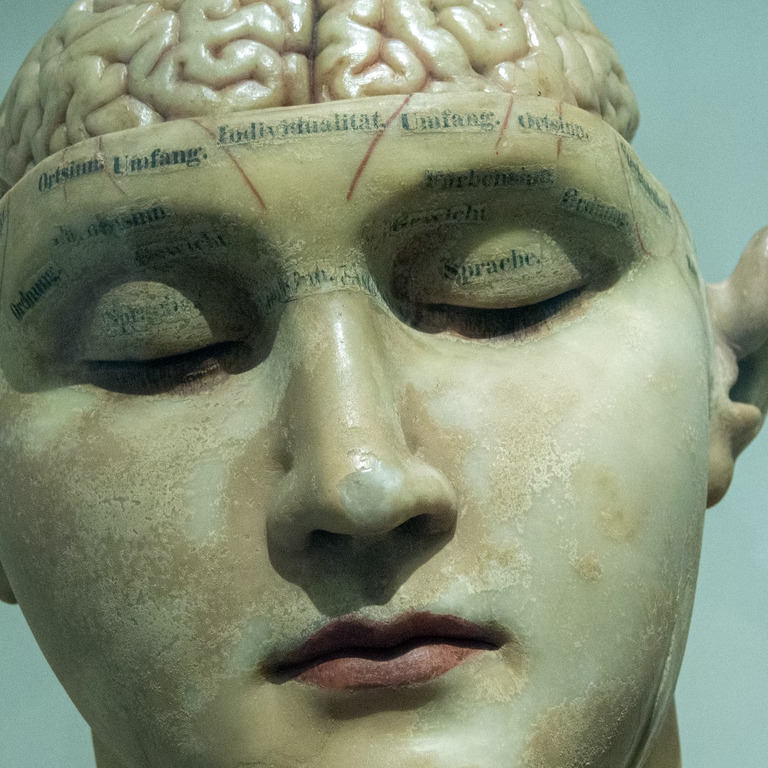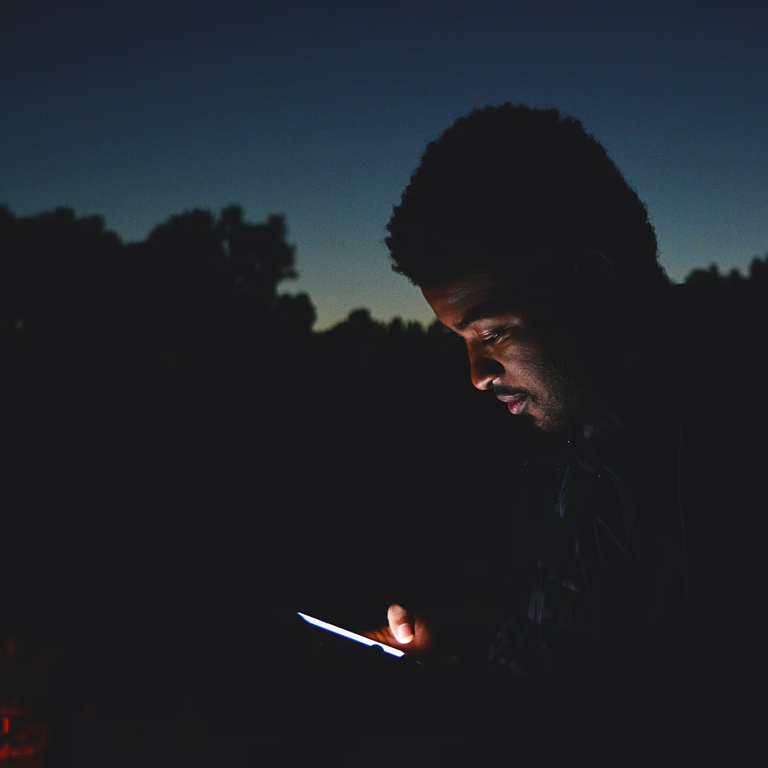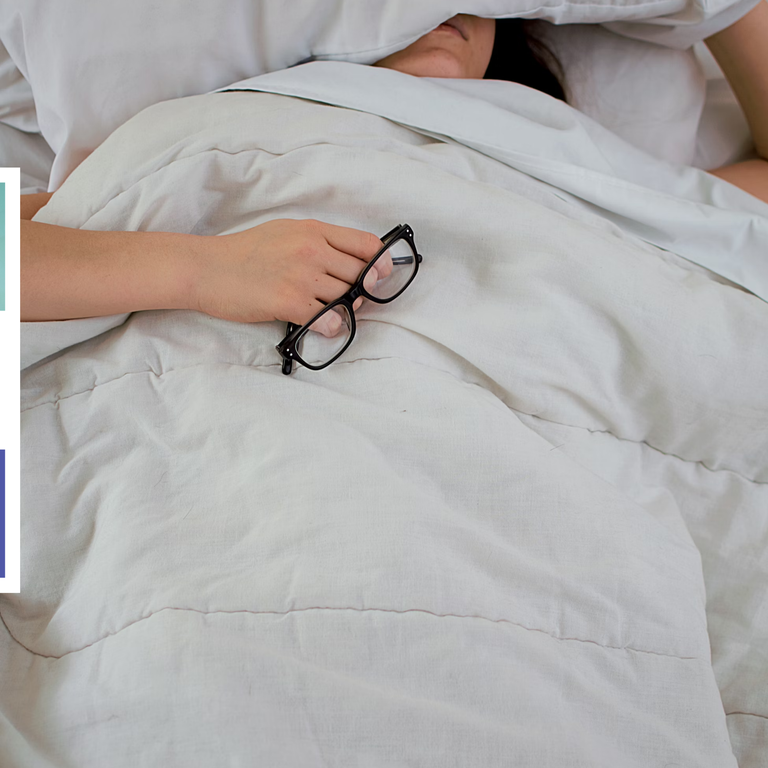Waking Up Late - Stop Unnecessary Wake Lags

Have you ever wondered why, despite setting an alarm and placing it far away from your bed, you still struggle to wake up as early as you'd like? I recently found myself pondering this very question, and my journey led me to a curious revelation.
My first theory is that the earlier ringing of my phone from @stemsocial notifications might have disrupted my sleep pattern and desensitized me to my alarm. This has been the only major change in my life in recent times, and it got me thinking about the impact of technology on our sleep routines.
While I'm undoubtedly thrilled about receiving notifications for the curation trail, I couldn't help but wonder if it inadvertently became a hindrance to cultivating the good habit of waking up early.
In the field of psychiatry, sleep has garnered substantial interest due to its therapeutic potential. Sleep is not just a necessary biological function; it can be a powerful tool to help us manage stress, anxiety, and other mental health issues. This underscores the importance of addressing any factors that may be hindering your sleep routine, including those that lead to unnecessary wake lags.
In this post, we'll delve deeper into the science of sleep, the potential pitfalls of modern technology, and how to regain control of your wake-up time. Let's explore the journey to waking up early, refreshed and ready to conquer the day.
Stay tuned for more insights and strategies to bid farewell to those unnecessary wake lags, and take charge of your mornings once again.

The science of sleep has evolved over time, and historical evidence reveals that sleep patterns and practices have varied across different cultures. For instance, there is evidence of biphasic sleep being practised by ancient Egyptians, a concept documented by the Roman historian Plutarch, who described how they,
interposed a set of leisure hours between the two periods of sleep.
In recent years, however, we have evolved into a greater understanding of sleep. The understanding we have of sleep has become a growing body of knowledge and understanding that includes:
Stages of sleep: One groundbreaking discovery made about sleep is the stages. This was first made known to the scientific community by Nathaniel Kleitman. After he explained this it became part of the medical community and because of this knowledge, we are able to treat insomnia, sleep apnea, and restless leg syndrome.
Circadian rythmes:The field of chronobiology especially deals with the sleep-wake cycle. This is a very important field that brings to bear the importance of light to the sleep and wake states. The knowledge of this field has helped us to make optimized sleep schedules for people who are shift workers and those who travel to different time zones regularly.
The neuroscience of sleep: We now know of the inner workings of sleep from the stages down to the neurochemistry involved. One of the most important aspects of all this knowledge is the use of melatonin in the regulation of sleep. At night the levels of melatonin are at their highest and we now know that low levels of this hormone can lead to sleep disorders.
Sleep disorders: Our understanding of sleep has also led to a better understanding and categorizing of sleep disorders. Part of the categorizing of these disorders is to know what are the root causes when the root cause is known there are no fewer ways to know the treatment.
We have come a long way from studying the ways of the Egyptians to where we are right now. We have mapped out the electrical functioning of the brain. But what is technology doing to our brains? It couldn't be just a coincidence that there are so many patients coming to my consulting room with complaints of lack of sleep and some of them don't better than to sleep with their phone in hand.

Technology evolved quicker than our minds have had the time to curtail it. This is why many people don't realise that their phones are preventing them from living healthy lives and the ones who do have no idea of the extent.
Take attention for example. These companies don't care about their users. That is why they have so many people who live their lives scrolling every day and are falling out of reality and they are not only noticing this decline, they are doubling down.
It's more wins for them, I just wish there was a way to translate all that attention to something more healthy like fitness and life-sustaining rather than regress into a vegetative state.

There is modern research around even the light of our phones being harmful to our
health. Blue light exposure from devices at night can suppress melatonin production.
This is one good reason why you should put down your phone as the night time draws closer. I recently had a dim light installed so I can switch to it as the night time comes close and then I communicate more through the phone than via text.
This is especially important if you have an adolescent or a child who you know likes to use devices close to the nighttime. The evidence suggests that these children tend to suffer more from shorter sleep durations and poor quality of sleep.
In addition to the light from gadgets being harmful, there is the fact that the messages we get from these apps are anxiety-provoking. Every week we hear that 10% of this can have that, and 50% of this will be destroyed or die. It is no wonder no one wants to start anything new. People are scared that any good thing they try to get will get blown up in their faces and we are made to go to bed with that thought.

I have decided that if everything we hear on the news is true then when it reaches my turn, won't have the time to check the news to see if it is happening to me...I'd be the first to know. So unless it has to do with financial news, all the stats about my business, relationship, and health are true unless I can help it. I'd advise you to take a similar approach to social media.
The best thing you can do about the anxiety related to social media is to change the story you are telling yourself about the topic.
Having dealt with the anxiety, the next thing you want to do is to deal with the disturbances from social media. While I love @stemsocial and their excellent notifications, it's a no-no for me to be receiving messages by 2am in the morning after I had a busy 32-hour shift at work. I need my sleep, all of it and in good quality. I would trade it off for the curation trail. So, I have a habit of putting my phone on DND before I go to sleep. You can follow my queue with this too.
Keep your phone far away, the more attractive it is for you, the further it should be. Some people keep their phones in the kitchen before they go to sleep. I would do this if I had an electric socket in the kitchen and I had another alarm other than the one on my phone. My phone is over 6 feet away from me before I go to bed.
When the alarm rings I have to get up and walk to the table before I can turn it off.
These are some of my helpful solutions to navigating sleep lags, I hope that you have learned enough to protect yourself too.
Thanks for your contribution to the STEMsocial community. Feel free to join us on discord to get to know the rest of us!
Please consider delegating to the @stemsocial account (85% of the curation rewards are returned).
You may also include @stemsocial as a beneficiary of the rewards of this post to get a stronger support.